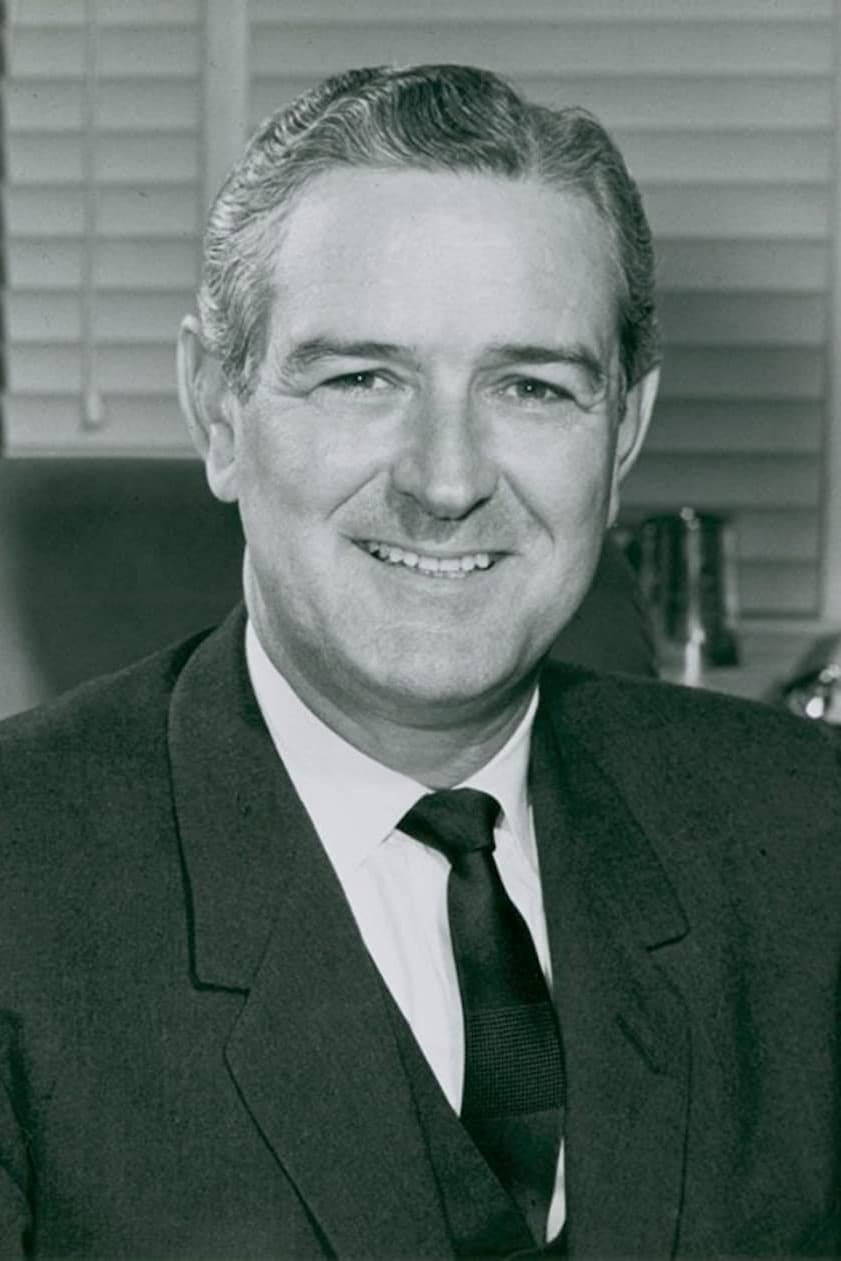
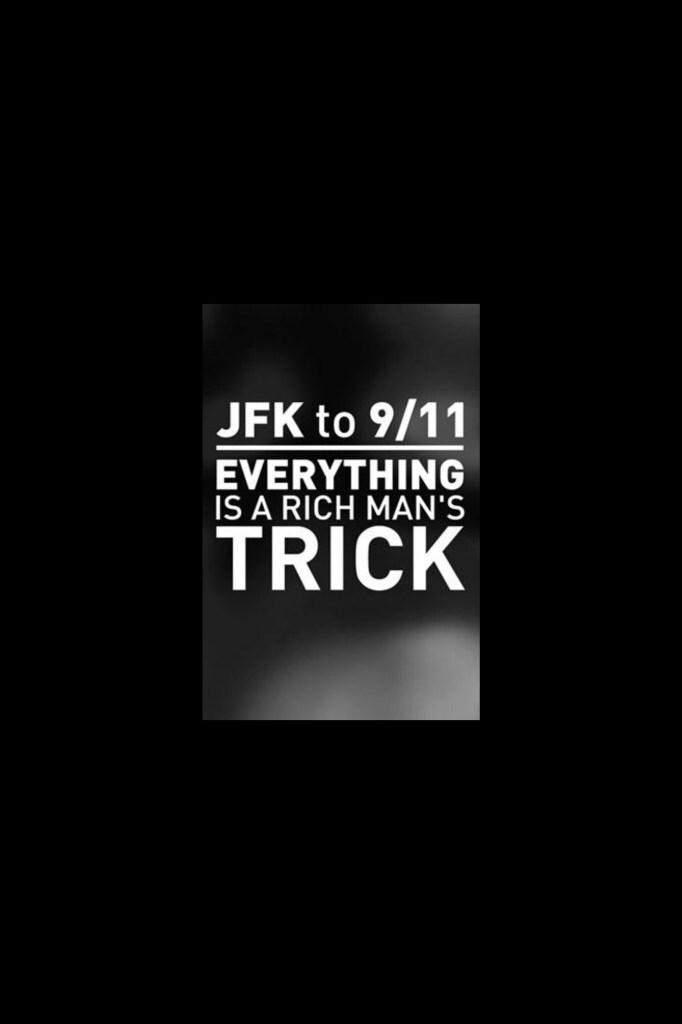
The real reasons and orchestrators behind Hitler, to an incredible theory of the JFK assassination, all the way to 9/11 and the current age of the terrorist. Taken from an historical perspective starting around World War 1 leading to present day.
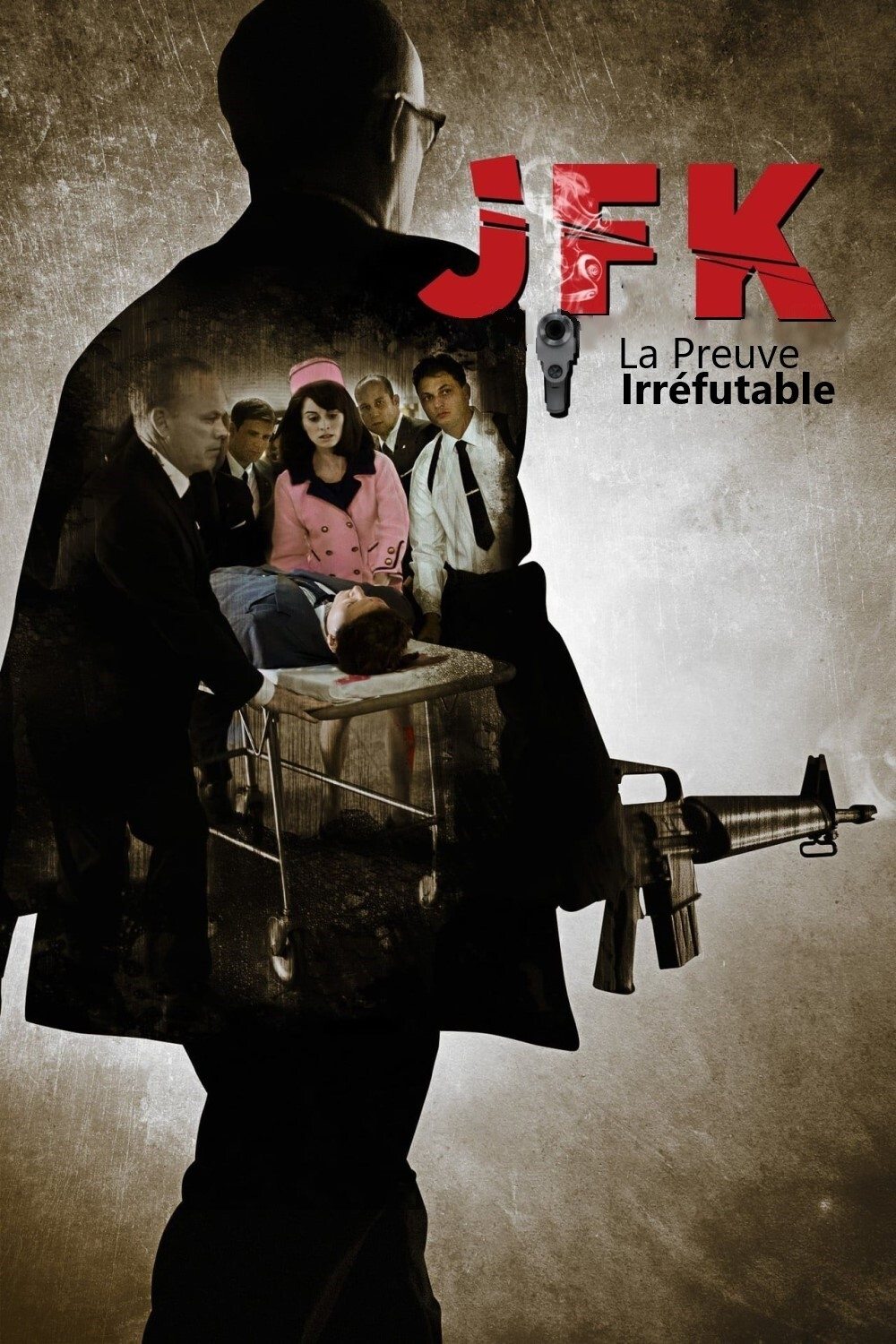
Documentary investigating the events during and after the assassination of John F Kennedy.
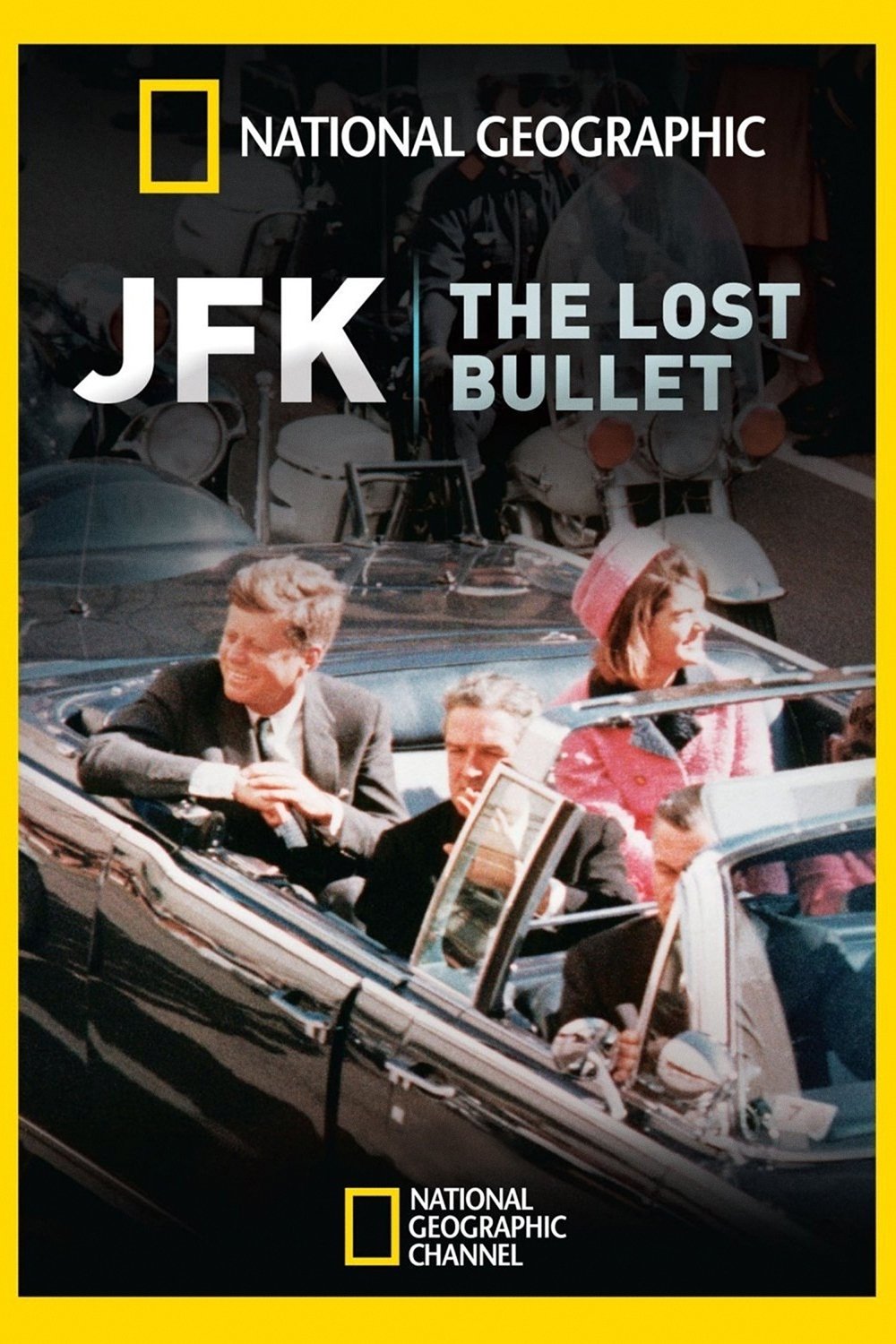
JFK: The Lost Bullet is a documentary by National Geographic that tries to answer the question: "Who killed John F Kennedy?" It re-evaluates the famous Zapruder film that shows the murder of JFK and states that Zapruder stopped filming and missed the first shot fired which changes the timeline of the bullets fired making it possible that Lee Harvey Oswald could have fired three shots. It argues that the magic bullet that hit JFK and Governor John Connally was in fact possible. The documentary also features other home movies taken on the day.
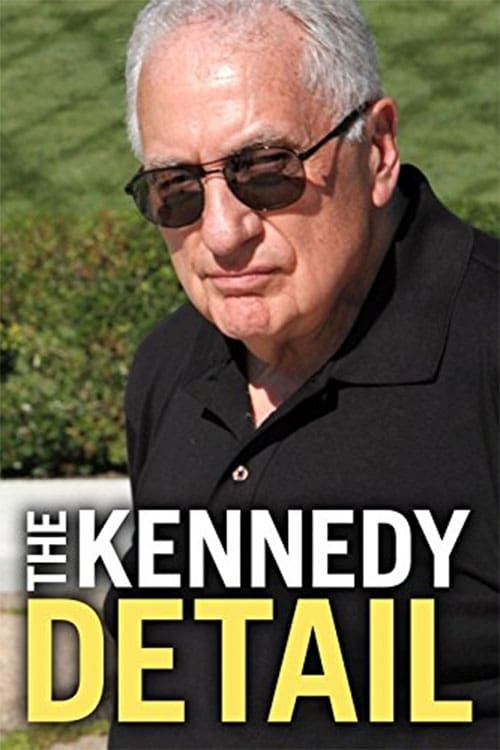
Based on the book by Gerald S. Blaine With Lisa McCubbin "The Kennedy Detail", this documentary interviews the men who served on President JFK's Secret Service Detail and their memories of the man, president, and perceptions of Camelot. Some of these men were there on the fateful day when life changed on the streets of Dallas, TX in Dealey Plaza on November 22nd, 1963.
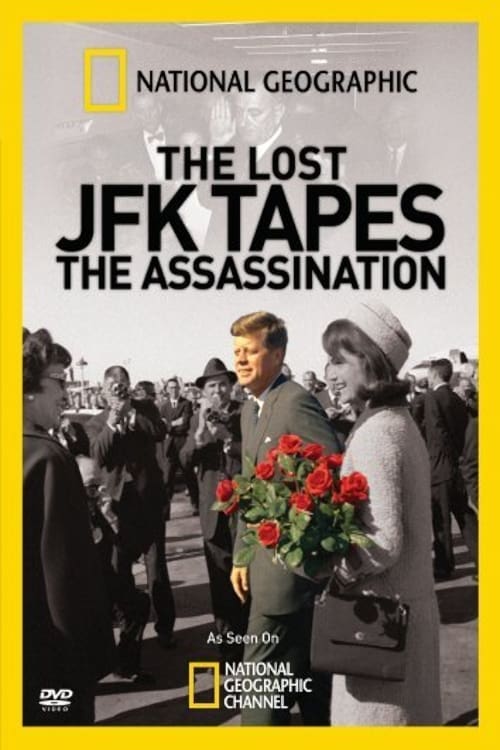
President John F. Kennedy's 1963 assassination in Dallas has sparked decades of questions and controversy. The "lost" JFK recordings made available for this documentary -- including local TV and radio reports -- shed new light on the tragedy. The rarely seen material has been organized to capture the drama as it unfolded, including the shocked reactions of Dallas citizens, many of whom were caught up directly in the sweep of events.
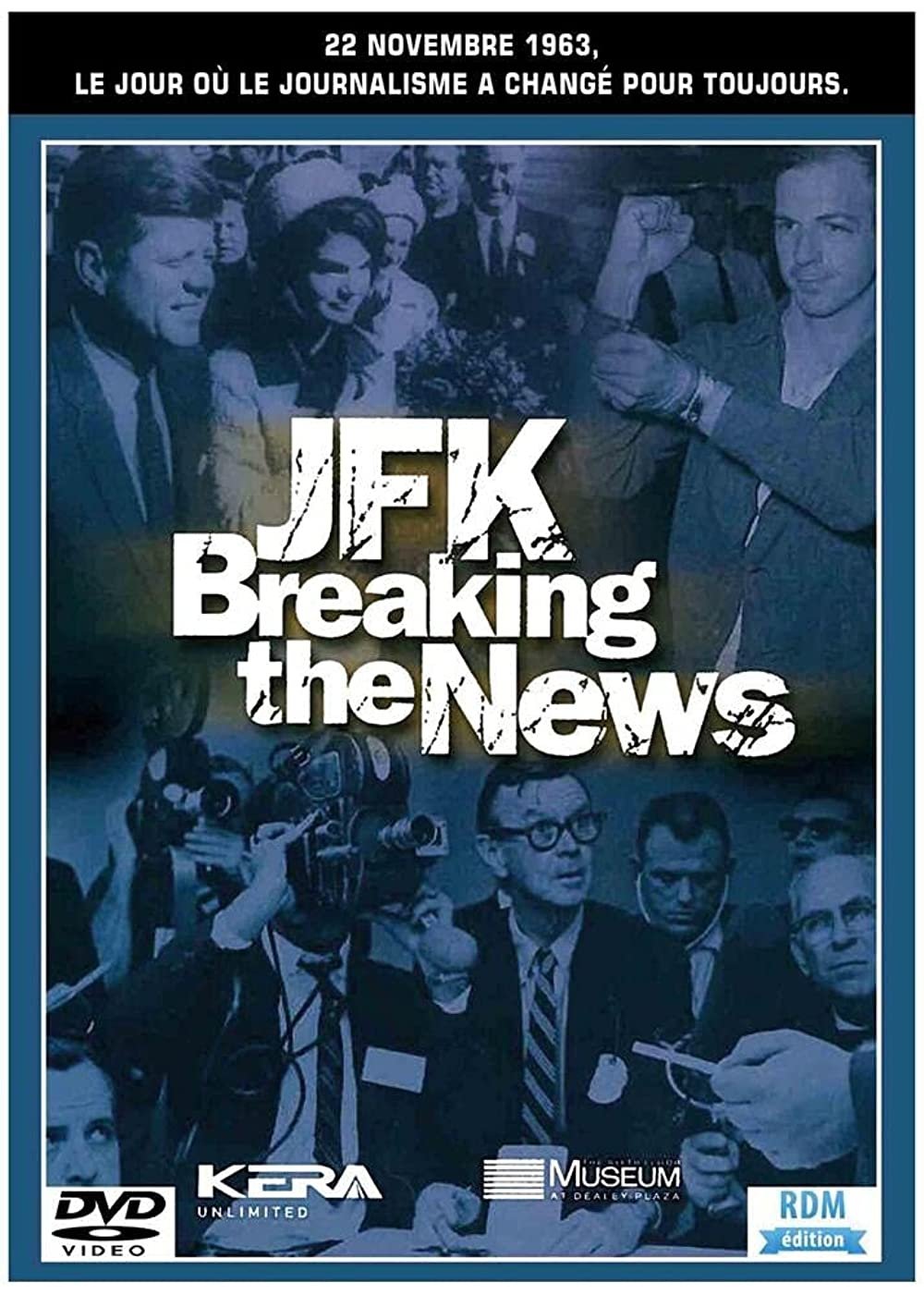
Looking back over 40 years television and print journalists recall their stories and memories of reporting the murder of President Kennedy and how it changed the country and changed the way the public gets it's news.
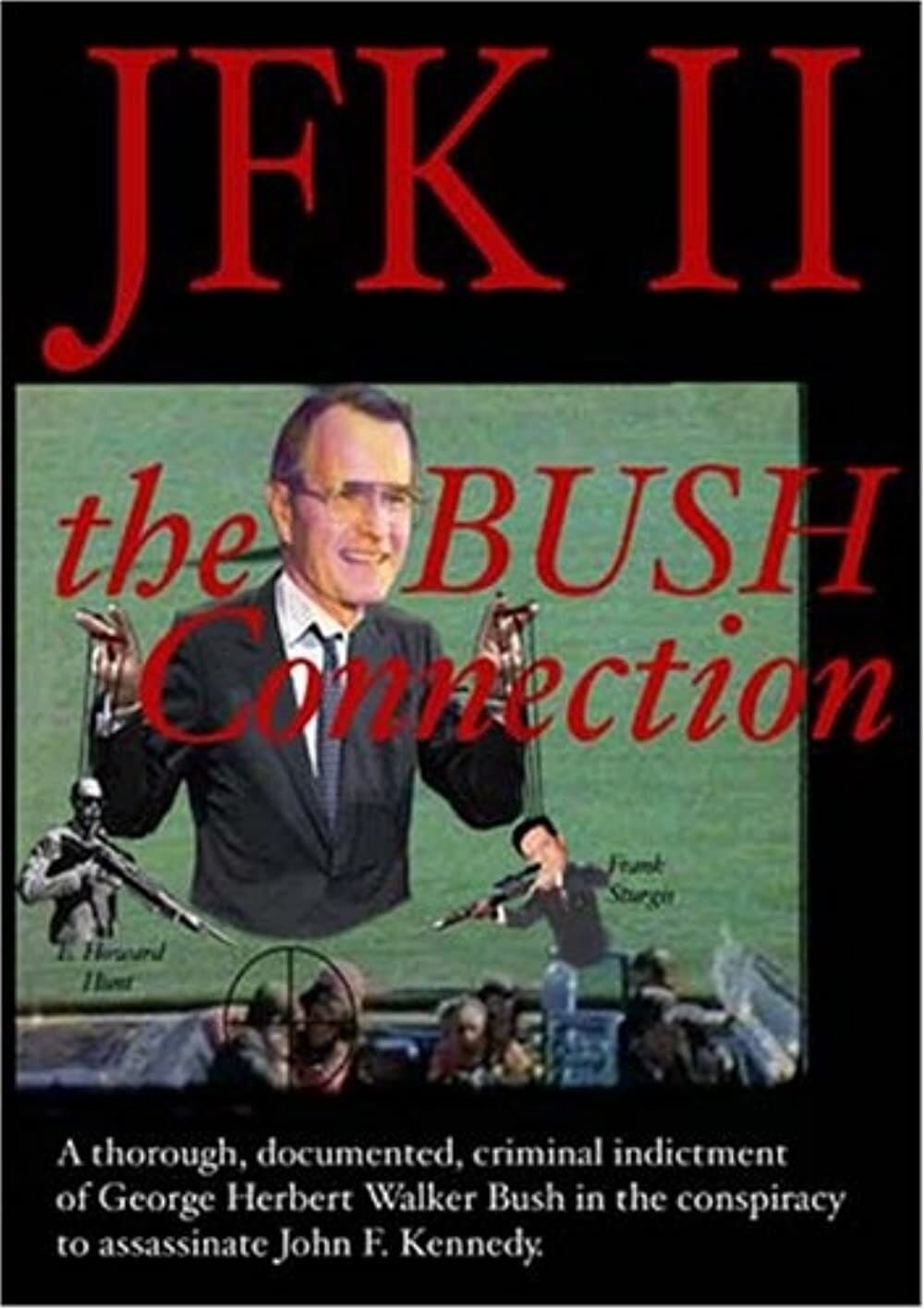
Four part documentary about JFK's murder, and who had reasons and means to do it, and to escape. - Part 1: History is written by the winners. Part 2: Through the Looking Glass. Part 3: Who killed JFK?. Part 4: Deep History.
illustrates how directors pushed boundaries and altered the art of filmmaking during the turbulent, swinging 1960s. Narrated by Woody Harrelson, "Reel Radicals" features clips from such seminal films as Arthur Penn's "Bonnie and Clyde" (1967); Mike Nichols' "The Graduate" (1967); Dennis Hopper's "Easy Rider" (1969); John Frankenheimer's "The Manchurian Candidate" (1962); Stanley Kubrick's "Dr. Strangelove" (1964) and "2001: A Space Odyssey" (1968); John Schlesinger's "Midnight Cowboy" (1969); Richard Brooks' "Elmer Gantry" (1960) and "In Cold Blood" (1967); and Norman Jewison's "In the Heat of the Night" (1967) and "The Thomas Crown Affair" (1968). Frankenheimer, Jewison, Hopper, Schlesinger, Penn, Buck Henry, Paul Mazursky, Roger Corman and Arthur Hiller are among the filmmakers who discuss the decade.
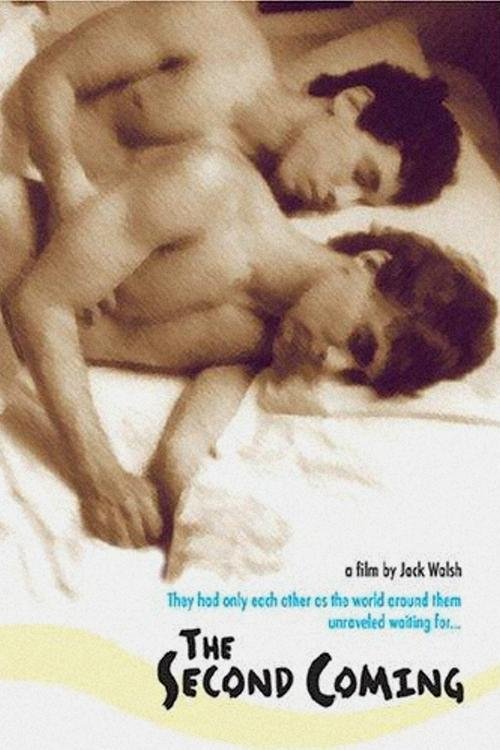
Futuristic story of Carlos and Ben who fall in love in high school despite the racism and and homophobia. When Fundamentalist forces threaten to take over the U.S. the pair join forces with an underground resistance movement.

A man with a low IQ has accomplished great things in his life and been present during significant historic events—in each case, far exceeding what anyone imagined he could do. But despite all he has achieved, his one true love eludes him.
John Connally was born on February 27, 1917 in Floresville, Texas, USA. He was previously married to Nellie Connally. He died on June 15, 1993 in Houston, Texas, USA.
By browsing this website, you accept our cookies policy.